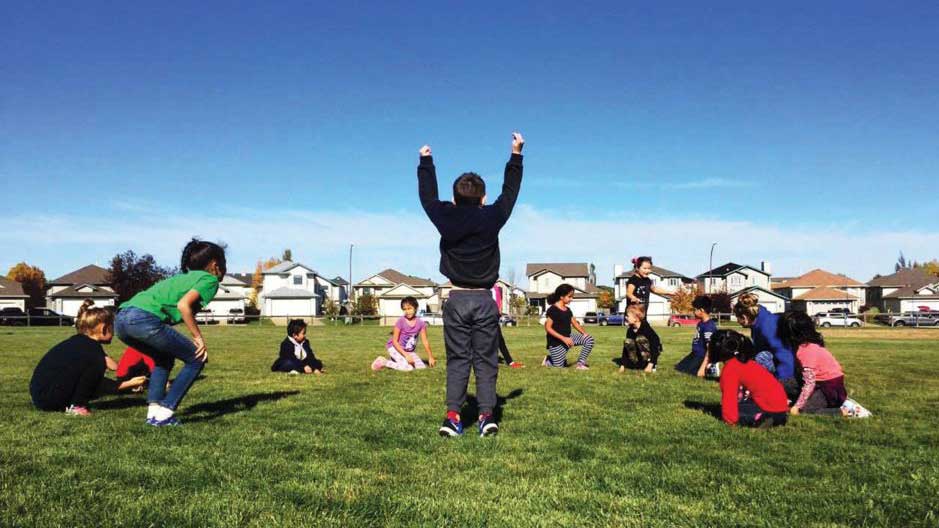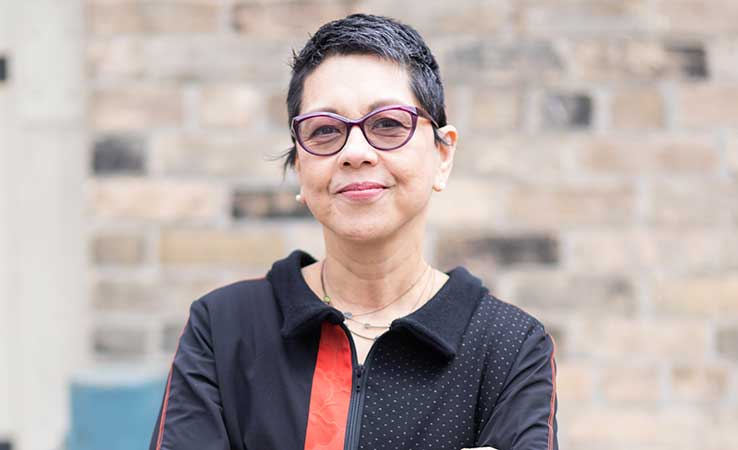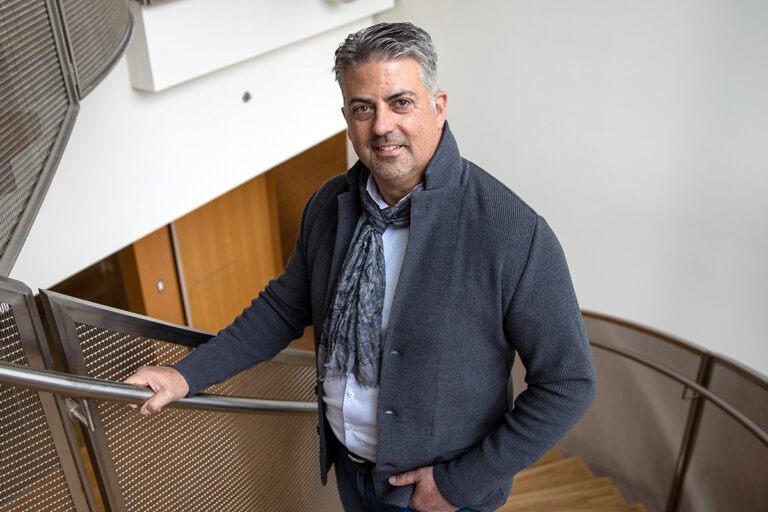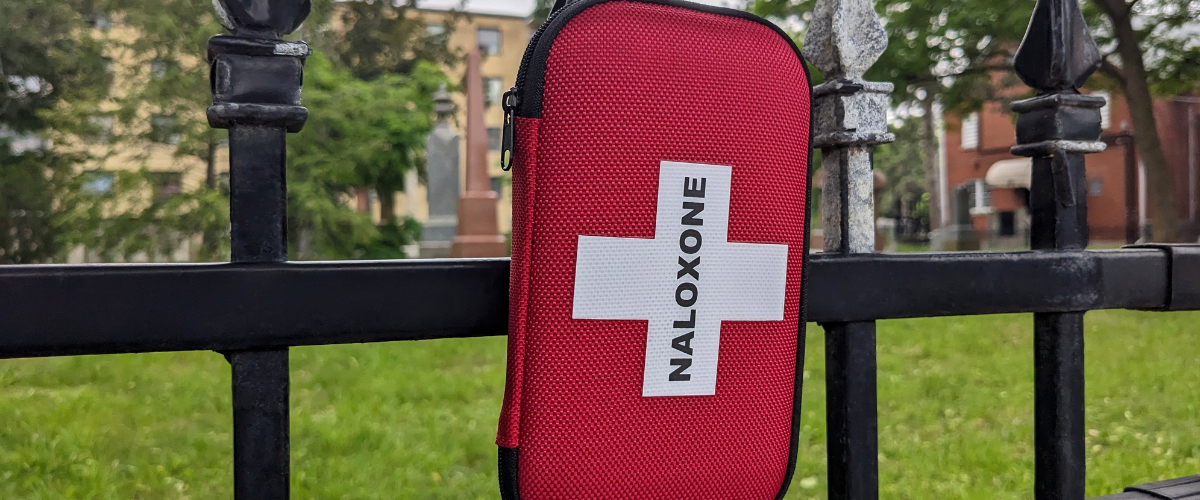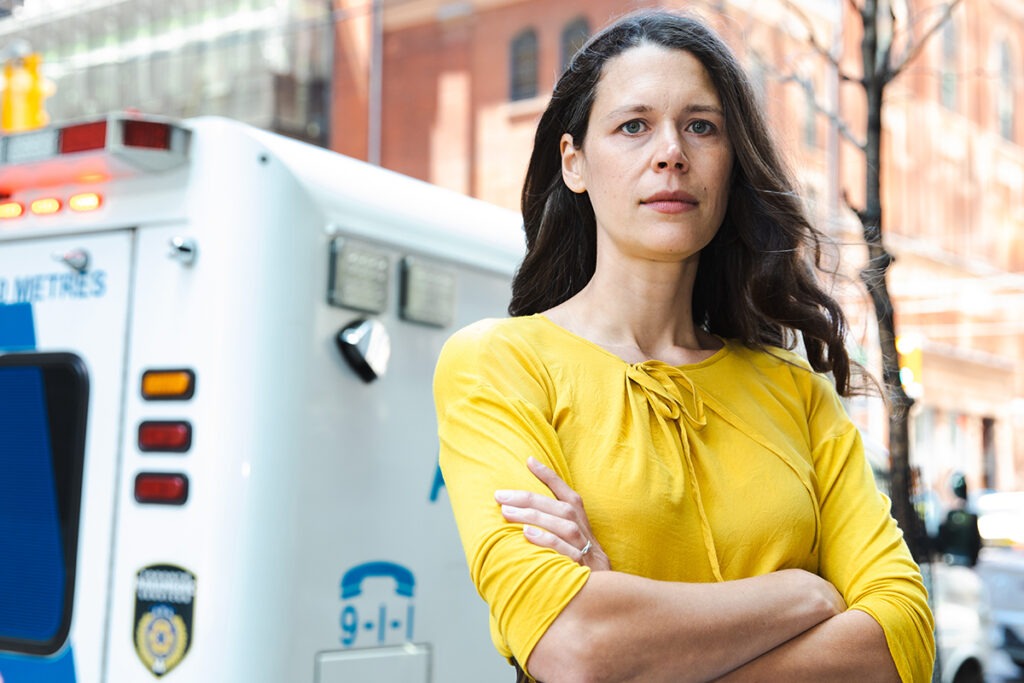Dr. Carolyn Snider’s research is referenced in this NOW Toronto article discussing homelessness research and the city’s plans for the winter.
Month: November 2023
Growing number of homeless people turning to ERs for shelter and warmth, study says
Dr. Carolyn Snider and Dr. Stephen Hwang, spoke to The Canadian Press about new research on the dramatic rise in the number of people experiencing homelessness turning to emergency departments for shelter and warmth in Toronto and Ontario.
Got a beef about primary care in Ontario? You’re not alone
This Toronto Star op-ed quotes Dr. Tara Kiran in it’s discussion of potential ways of restructuring primary care in Ontario.
APPLE Schools helps kids become healthier for life
From an article by the University of Alberta
APPLE Schools is a philanthropically supported school-focused health promotion initiative that supports the nutritional, physical activity and mental health habits of 21,000 students per year working with schools across British Columbia, northern Alberta, Northwest Territories, and Manitoba.
Principals like Jeff Power know the strength of an APPLE school … even if it sometimes comes in the form of a starfruit.
Power recalls the time his students tried starfruit as part of a program with APPLE Schools, a project working to help kids step into healthy futures. Trying this vitamin-packed fruit — new for many students — was part of a regular end-of-the-week ritual to teach about different and healthy choices.
“They loved it and went home and told their parents about it, and it started showing up in their lunches the next week,” Power said.
“That’s just one way that APPLE Schools is a game-changing organization in the health promotion world,” said Allan Markin, a philanthropist who supports the project.
Founded in University of Alberta research, APPLE Schools is marking its 15th year of working with vulnerable school populations across Canada. The initiative (an acronym for “A Project Promoting Healthy Living for Everyone in Schools”) improves students’ lifelong mental health, healthy eating and physical activity habits.
“APPLE is now an award-winning health promotion project, internationally recognized for its ability to give kids the tools they need to live a healthy, happy life,” said Markin. “To date, it has helped more than 100,000 kids in vulnerable school communities and saved Canada hundreds of millions of dollars.”
And the numbers bear that out. Children in APPLE school communities are 35 per cent more physically active and have a 40 per cent drop in obesity risk compared with peers who didn’t go to an APPLE school in their childhood. The healthy habits will lower the risk for chronic diseases and avoid health care costs.
At Power’s elementary school, which became an APPLE school in 2010, students have a whole new awareness of healthy choices they can make for themselves. “I hear them say, ‘I need an apple. I need to go outside, I need to spend less time on my screens,’” Power said. “They’re more equipped to make healthier choices.”
Started in 2007 at the U of A as a pilot project, the initiative has grown into a large independent, very successful program, said Paul Veugelers, a professor in U of A School of Public Health. It’s his research into child health that has become the foundation of APPLE Schools.
“Every day we are reaching thousands of children,” Veugelers said. “And it’s something to feel good about, that we launch kids into a healthier future.”
Using scientific studies from Veugelers and other researchers from the School of Public Health and around the U of A, APPLE Schools passes that data along so its member schools can use them to tailor programming to support their specific school communities in the quest for better health habits.
“It’s a unique research-practice cycle,” said Jenn Flynn, executive director of APPLE Schools. “U of A researchers measure something, then we shift our programs and share that with the schools, they shift their programs and we measure what’s happening. So it’s not just knowledge translation, but knowledge mobilization.”
Today, APPLE Schools is an effective tool for helping kids, she added.
“It’s amazing that what started out as a pilot project is still around and improving after 15 years, and this partnership with the U of A continues to impact so many Canadians.”
Years of U of A research demonstrates that APPLE Schools programming is effective, and it makes a good case for investment in long-term public health programs, Flynn noted.
“Having peer-reviewed, published data showing that this program is effective is essential to show that we make a difference. APPLE Schools relies on donors, so it’s important that they understand they’re funding something meaningful. And our school communities love it because it shows they’re investing their time and energy into something that makes a difference.”
The research fuelling APPLE Schools has also shown that their work reduces the health inequities that children in vulnerable communities face, Veugelers said.
“Around the world, these inequities have been amplified by the pandemic but the innovative programming by APPLE Schools has effectively mitigated the negative impact of pandemic among their students.”
These kinds of partnerships are also important part of creating knowledge, educating public health professionals and advancing the public’s health, said Shanthi Johnson, dean of the School of Public Health.
“At the School of Public Health, we are committed to engaging with our community partners,” said Johnson. “APPLE Schools play a vital role in cultivating and promoting health and wellness among children and adolescents. As a strong supporter of comprehensive school health programs and community partnerships, the School of Public Health is proud to recognize the continuing contribution APPLE Schools is making to promote healthy school environments.”
Investment in health
The project got its start as Veugelers was researching ways to make a difference in the health of schoolchildren in terms of their eating habits and physical activity, to keep them healthy and to reduce the risk for chronic diseases later in life.
Using a timely $5-million donation to the U of A from philanthropist and alumnus Markin, Veugelers became the pilot project’s director, and worked with founding program manager Marg Schwartz to map out a plan to turn his research into action.
Further supported by 10 talented facilitators trained in nutrition, physical activity and community development, the programming began in 10 Alberta schools in 2008. Staff, students and parents developed plans to meet their specific needs, organizing fun activities like classroom gardens, after-school cooking classes and physical exercise.
Within two years, research from the program revealed promising results: an improvement in diet quality and an increase in physical activity levels among students in participating schools.
The project, supported over the years by subsequent contributions from Markin to the program totalling $16 million, expanded to more schools across Alberta. Now, in other provinces, APPLE Schools continues to support more school communities through corporate and individual giving.
The fun, hands-on programming that APPLE Schools promotes is the reason for its success, Flynn believes.
“It meets people where they are, whether they want to focus on mental wellbeing or physical activity, or something else,” she said. “And when you see kids taking charge of their own health, the word ‘tremendous’ doesn’t capture it. It’s astonishing what the schools are doing.”
In its own action plan, Power’s school has everything from optional Halloween candy exchanges for healthier snacks, to monthly themes that encourage eating for bone health, winter exercise and other ways to stay healthy. Staff also take part in activities like after-school yoga for their own health.
Older students learn about topics like food labels, then share that with every classroom in the school. “We let our kids be the leaders,” he said. The result gives students an appreciation for their overall wellbeing, not just a single aspect like nutrition or exercise, Power noted.
“They are more in tune to healthy behaviours, as opposed to thinking about it in one dimension.”
Success keeps building
APPLE Schools became its own entity in 2013, and its partnership with Veugelers and other U of A researchers continues to flourish. In 2021, programming reached more than 20,000 students, almost 40,000 family members, 2,400 staff and 74 school communities in Alberta, British Columbia, Manitoba and the Northwest Territories.
Professors, graduate students and post-doctoral fellows from the School of Public Health and the faculties of Agricultural, Life & Environmental Sciences, Education, Kinesiology, Sport, and Recreation, Medicine & Dentistry, and Nursing have worked with APPLE Schools, including practicums, research, presentations and in some cases employment.
They studied issues like the pandemic and its effect on children’s mental health and well-being, children’s dietary choices, sleep and physical activity, as well as the economic return on investment of a project like APPLE Schools.
“It gives budding health researchers valuable experiences, because they have the opportunity to work in a highly effective program,” Veugelers noted. “The pandemic brought a lot of unhealthy lifestyle choices, and all children in Canada took a hit, so this is a good time to try to reach more of them.”
In partnership with APPLE Schools and Katerina Maximova, whose research focuses on solutions to improve the well-being of children and youth experiencing poverty, he continues researching the effects of the pandemic on schoolchildren and ways to address its toll on mental and physical health.
“We know this is an urgent and critical need for society, and APPLE Schools continues to engage and seek funding to meet this need.”
It is possible to end intimate partner violence
Toronto and several municipalities have declared intimate partner violence an epidemic. In this op-ed Dr. Patricia O’Campo, along with Allison Branston and Thea Symonds, call upon other municipalities to do the same. They also share the innovative work their team is doing in collaboration with social services, shelters, and criminal justice providers to safely house women and children experiencing violence.
Brampton mayor urges federal help after asylum claimant death
Brampton Mayor, Patrick Brown is demanding Ottawa help after an asylum claimant camped outside a shelter was found dead Wednesday morning. Dr. Stephen Hwang spoke with Humber News about how governments need to consider both short-term and long-term solutions.
The article also reports that the city’s winter readiness plan changed its warming centres to open at -5 C instead of at the -15 C extreme cold weather alert threshold. The decision was made in part because of a 2019 report from the MAP Centre for Urban Health Solutions which found that 72 per cent of hypothermia cases in adults experiencing homelessness from 2004 to 2015 occurred when temperatures were warmer than -15 C.
How a new ‘super screener’ is helping detect cancer in patients without a family doctor
Dr. Tara Kiran spoke to The Globe and Mail about the importance of primary care access and about how people who don’t have family doctors are missing out on more than just cancer screening.
New smart vending machine in Ottawa revolutionizes access to essential supplies
Dr. Sean Rourke spoke with CTV News about the new Healthbox machine at the Carlington Community Health Centre in Ottawa, the first of its kind in Ontario.
‘We are so incredibly relieved’: Toronto’s drug checking pilot gets greenlight to expand
CBC News spoke with MAP scientist Dr. Tara Gomes and Toronto’s Drug Checking Services‘ lead Karen McDonald about plans to expand the program and offer existing services throughout the province.
“The federal government says the service will help groups across the province design and execute their own drug checking programs, with the original team acting as a “central repository” for the data generated. Researchers with Toronto’s Drug Checking Service will then analyze the data, helping to paint a fuller picture on how unregulated drug supply trends are playing out across the province and comparing them to the rest of the country.“
Cocaine use rising in Canada, new data suggests, as researchers link stimulants to drug deaths
Dr. Tara Gomes recently spoke with CBC about a recent report showing a drastic increase in deaths related to multiple toxic substances, including stimulants.




